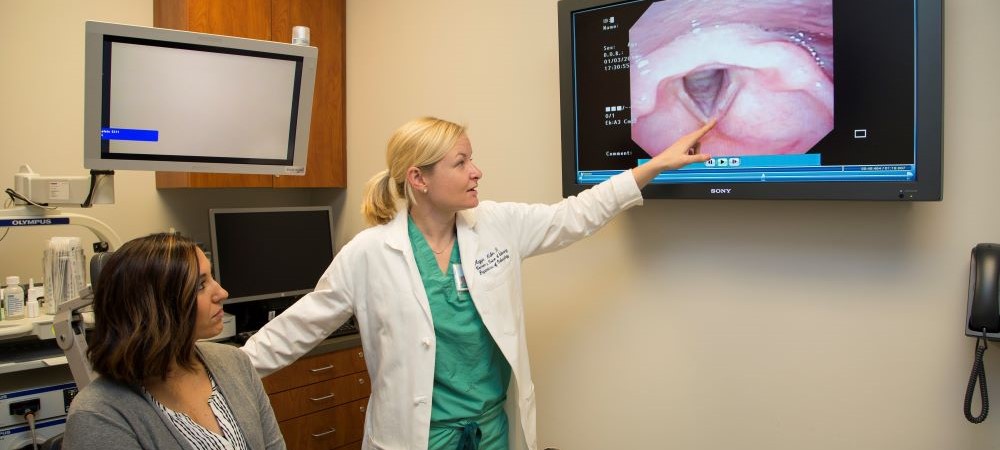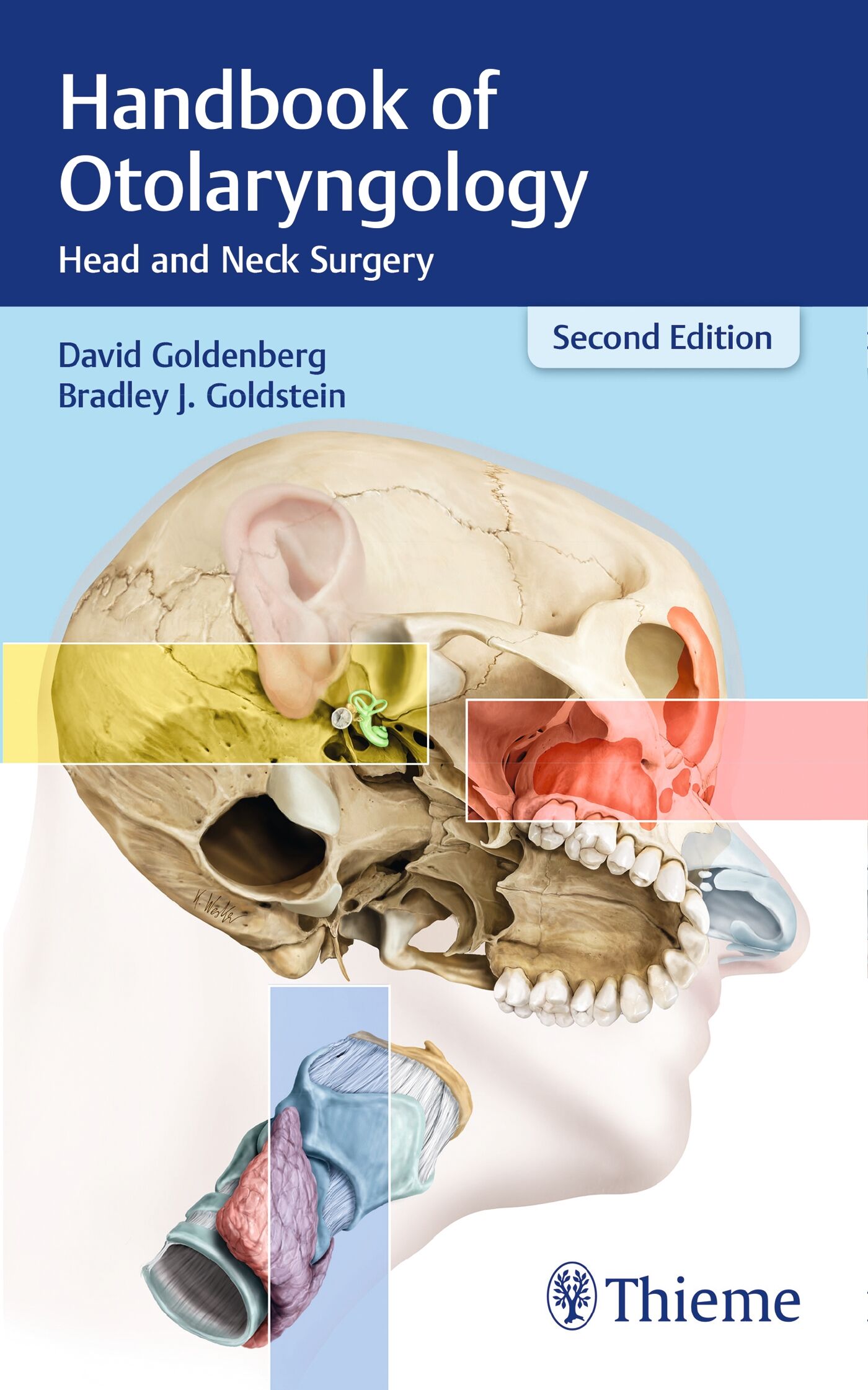Hearing Challenges? Here's When to Seek Help from a Hearing Clinic
Hearing Challenges? Here's When to Seek Help from a Hearing Clinic
Blog Article
Discovering the Area of Otolaryngology: What to Anticipate When You Speak With an ENT
Otolaryngology, typically described as ENT, includes the medical diagnosis and treatment of throat, ear, and nose disorders. For those experiencing associated concerns, seeking advice from an ENT expert can supply quality and relief. Recognizing what to expect during such examinations is essential for effective interaction and treatment. This summary will detail crucial facets of the ENT experience, consisting of typical factors for visits and the processes associated with diagnosis and therapy.

Understanding Otolaryngology: An Overview
Otolaryngology, typically described as ENT (Ear, throat, and nose) medicine, is a specialized branch of medicine that concentrates on the diagnosis and treatment of conditions impacting these essential areas of the human body. This area incorporates a variety of problems, consisting of those relevant to hearing, equilibrium, breathing feature, and speech. Otolaryngologists are trained to handle both medical and clinical treatments, using sophisticated techniques and technologies. Their know-how extends past standard ailments, resolving problems such as allergies, sinus infections, and hearing loss. Additionally, they play an essential duty in the management of head and neck cancers, offering extensive treatment customized to private client requirements. In general, otolaryngology remains important for keeping health and wellness and lifestyle in affected people.
Typical Factors to See an ENT Professional
Numerous people seek the know-how of an ENT expert for a range of factors, reflecting the varied nature of conditions that affect the ear, throat, and nose. Typical concerns include chronic sinusitis, which commonly brings about persistent nasal congestion and face discomfort. Allergies and their connected symptoms, such as itching and sneezing, likewise prompt visits to these professionals (Otolaryngologist). Hearing loss, whether abrupt or steady, is another substantial factor for examination. Additionally, individuals may look for evaluation for throat disorders, including consistent hoarseness or ingesting difficulties. Sleep apnea, defined by disrupted breathing throughout rest, is frequently attended to by ENT experts also. Each of these conditions highlights the importance of specialized treatment in handling complicated ENT-related wellness problems
Getting ready for Your ENT Appointment
When planning for an ENT visit, it is necessary to gather pertinent details and think about any certain problems. Individuals ought to assemble an in-depth medical background, consisting of previous ear, nose, or throat concerns, surgical procedures, and present drugs. Documenting signs and symptoms-- such as period, severity, and regularity-- can supply valuable insights for the ENT professional. Additionally, people should prepare a listing of questions they desire to ask, making certain that all issues are attended to during the visit. Bringing along any pertinent clinical documents or examination results can additionally assist the ENT in understanding the person's condition. Clients ought to validate their appointment information, consisting of day, location, and time, to lessen any type of final complication. Appropriate prep work can boost the effectiveness of the consultation and cause better results.
What to Anticipate During the Appointment
As the appointment starts, the client can expect to participate in a thorough discussion with the ENT professional concerning their symptoms and clinical history. The professional will ask about the duration, frequency, and extent of signs such as hearing loss, nasal blockage, or aching throat. Furthermore, the person's previous medical problems, medications, and any kind of appropriate household background will certainly be examined, aiding the specialist in creating a full understanding of the patient's wellness. The ENT may also ask concerning way of living elements, such as exposure to irritants or irritants. This open discussion establishes a foundation for the consultation, making certain that the person's worries are attended to and setting the phase for any necessary evaluations or referrals for therapy.
Diagnostic Tests and Procedures in Otolaryngology
A range of diagnostic examinations and treatments are crucial in otolaryngology to properly evaluate and detect conditions affecting the nose, throat, and ear. Usual examinations include audiometry, which determines hearing function, and tympanometry, examining center ear pressure. Nasal endoscopy enables visualization of the nasal passages and sinuses, while laryngoscopy checks out the throat and vocal cords. Imaging methods, such as CT scans and MRIs, provide in-depth sights of head and neck frameworks. Allergy testing might additionally be conducted to recognize triggers for sinus or respiratory issues. These diagnostic devices enable ENT professionals to create a comprehensive understanding of patients' problems, making certain customized and efficient monitoring plans. Appropriate diagnosis is crucial for effective treatment end results in otolaryngology.
Treatment Options Used by ENT Specialists
ENT specialists supply a variety of treatment alternatives tailored to resolve details conditions affecting the ear, throat, and nose. These treatments range from conventional strategies, such as medication and lifestyle alterations, to even more invasive treatments. Allergic reactions might be managed with antihistamines or immunotherapy, while persistent sinusitis may call for nasal corticosteroids or sinus surgical procedure. For hearing loss, ENT professionals frequently recommend listening devices or medical interventions like cochlear implants. In situations of throat disorders, alternatives can consist of speech treatment or operations to remove obstructions. In addition, they might supply support for taking care of rest apnea, including making use of CPAP devices or medical treatments. Generally, the goal is to boost individuals' lifestyle through personalized treatment and effective click therapy methods.
When to Seek Follow-Up Treatment With an ENT
Acknowledging when to seek follow-up treatment with an ENT expert is important for managing ongoing signs and symptoms or complications connected to nose, throat, and ear conditions. Individuals ought to consider setting up a follow-up appointment if signs and symptoms persist regardless of initial treatment, such as persistent ear pain, nasal congestion, or throat pain. Adjustments in hearing, balance problems, or unusual nasal discharge may additionally warrant additional evaluation. Furthermore, if a person experiences adverse effects from recommended drugs or has undertaken a best decongestant for sinus surgery, follow-up care is very important to monitor healing and resolve any problems. Prompt assessments can ensure reliable monitoring of problems, protect against potential issues, and provide peace of mind pertaining to one's health. Seeking follow-up care promotes aggressive health and wellness administration in otolaryngology.
Often Asked Questions

What Credentials Should I Try to find in an ENT Expert?
When seeking an ENT professional, one must look for board qualification, relevant experience, and solid individual reviews. In addition, reliable interaction abilities and a thoughtful technique can substantially improve the overall treatment experience.
Just how Do I Select the Right ENT for My Requirements?
Picking the best ENT professional involves examining their qualifications, experience, and individual testimonials (Otorrinolaringologia). It is essential to consider their interaction design and approach to treatment, guaranteeing they align with the person's specific wellness demands and choices
Exist Any Kind Of Risks Related To ENT Procedures?
The risks related to ENT procedures might include infection, blood loss, anesthetic problems, and prospective damages to surrounding frameworks. People must talk about these risks with their doctor to comprehend specific concerns and assurance notified decisions.
Exactly How Can I Take Care Of Anxiety Before My ENT Consultation?
To handle stress and anxiety before a visit, individuals can exercise deep breathing exercises, continue reading this picture positive end results, prepare inquiries ahead of time, and seek support from pals or household, fostering a sense of reassurance and calmness.
What Should I Do if I Experience Adverse Effects From Treatment?
The individual should without delay report them to their medical care supplier if side impacts from therapy take place. Modifications to treatment or added treatments may be necessary to assure security and performance in managing their condition - Hearing. As the examination starts, the person can anticipate to engage in a detailed conversation with the ENT specialist regarding their symptoms and clinical history. These analysis devices allow ENT professionals to establish a comprehensive understanding of patients' problems, ensuring customized and effective administration strategies. ENT experts supply a range of therapy options customized to address certain conditions influencing the ear, throat, and nose. When looking for an ENT expert, one should look for board qualification, pertinent experience, and solid client evaluations. Picking the best ENT professional entails assessing their credentials, experience, and patient evaluations
Report this page